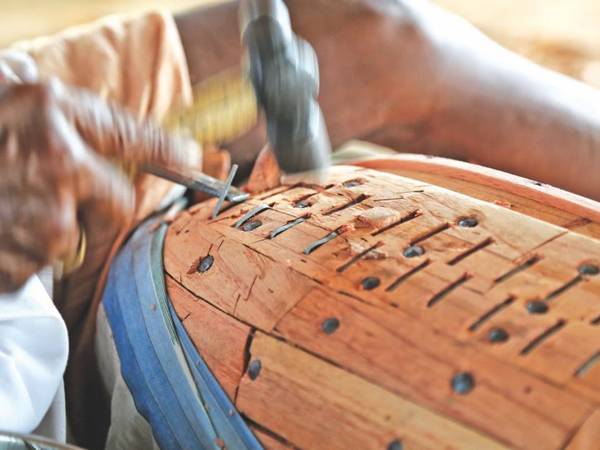Industrial Anchor Bolts for Structural Integrity and Reliable Performance in Construction Projects
Understanding Industrial Anchor Bolts Essential Components for Structural Integrity
In various construction and manufacturing applications, the importance of reliable fastening systems cannot be overstated. Among the many components that contribute to the safety and durability of structures, industrial anchor bolts play a pivotal role. Designed to secure structures to their foundations, these bolts ensure stability and strength in a variety of environments, from industrial plants to towering skyscrapers. In this article, we will delve into the significance, types, installation methods, and maintenance of industrial anchor bolts.
What Are Industrial Anchor Bolts?
Industrial anchor bolts are heavy-duty fasteners used to attach structural elements, such as beams and columns, to concrete foundations. They are integral to a building’s structural integrity, providing essential support and load-bearing capabilities. These bolts come in various sizes and grades, designed to withstand significant tensile and shear forces, ensuring that the structures remain stable under various conditions.
Types of Industrial Anchor Bolts
There are several types of anchor bolts utilized in industrial applications, each catering to specific needs
1. L-shaped Anchor Bolts These bolts have a distinct L-shape and are embedded in concrete, with one end protruding to secure structural elements. They are commonly used in applications where low-profile connections are needed.
2. Straight Anchor Bolts Typically used with a nut and washer to secure objects to a concrete base, straight anchor bolts are versatile and can be used in numerous construction scenarios.
3. J-bolts Similar to L-shaped bolts, J-bolts end in a curve. They provide excellent anchoring capabilities, particularly in applications requiring resistance to pulling forces.
4. Expanding Anchor Bolts These bolts expand as they are tightened, creating a secure grip within pre-drilled holes in concrete or masonry.
5. Sleeve Anchor Bolts These are designed for use in hollow materials, like brick or block, where they expand to hold securely within the substrate.
industrial anchor bolts

Installation Considerations
Proper installation of anchor bolts is crucial for ensuring their effectiveness. The installation process typically involves the following steps
1. Planning Before installation, it’s essential to plan the layout and determine the correct type and size of anchor bolts needed for specific applications.
2. Drilling Holes For certain types of anchor bolts, precise drilling is necessary to ensure a proper fit within the concrete.
3. Placing the Bolts For L-shaped and J-bolts, the ends are embedded into the concrete before it sets. For other types, anchor bolt sleeves or nuts must be correctly positioned.
4. Tightening Proper torque specifications should be followed during the tightening process to avoid over-torquing, which could lead to material failure.
5. Inspection Post-installation inspections are vital to ensure that all bolts are secure and properly aligned.
Maintenance and Inspection
While anchor bolts are designed for durability, regular maintenance is crucial for long-term effectiveness. It is recommended to routinely inspect anchor bolts for signs of wear, corrosion, or loosening. In industrial environments, where bolts may be subjected to harsh conditions, such inspections should be more frequent. In cases of degradation, replacing the affected bolts promptly can prevent structural failures.
Conclusion
In summary, industrial anchor bolts are essential components that contribute to the structural integrity of a wide range of applications. Understanding the different types, proper installation practices, and maintenance considerations can greatly enhance safety and longevity in construction projects. As industries continue to evolve, ensuring reliable fastening systems like anchor bolts will remain paramount for building resilient and robust structures.
-
The Versatility of Gabion Mesh
NewsMay.09,2025
-
The Versatility and Durability of Square Wire Mesh
NewsMay.09,2025
-
The Importance of a Quality Border Fence
NewsMay.09,2025
-
Hexagonal Wire Netting: A Complete Guide to Its Versatility and Value
NewsMay.09,2025
-
Explore the Benefits of Bulk Field Fence
NewsMay.09,2025
-
Discover Quality Weld Mesh for All Your Needs
NewsMay.09,2025














